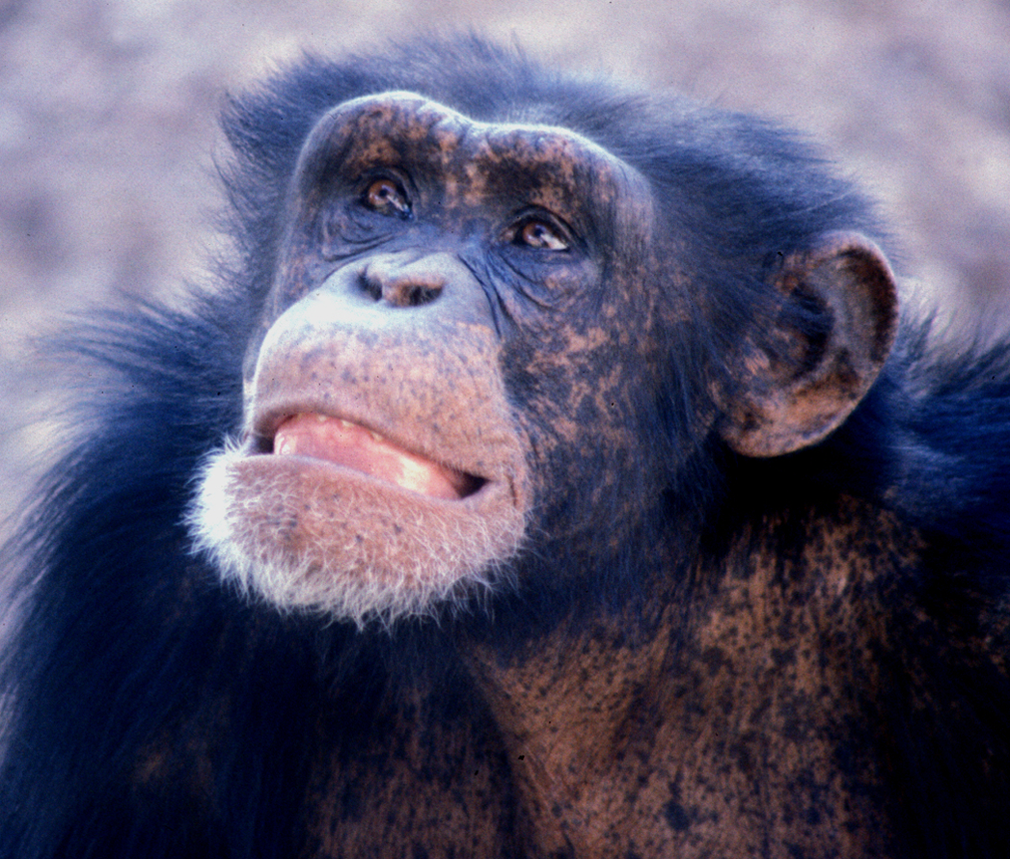Antarctic Invasion and Chimp Cops!
Interview with
Antarctic Invasion
Alien plant species are
invading the fringes of Antarctica through seeds brought in by scientists and tourists visiting the region.
Steven Chown from Stellenbosch University searched for seeds attached to the bags, boots and clothing of Antarctic visitors , calculating that 70,000 seeds in total were brought in over a one year period.
 Invasive species are already established along the western Antarctic peninsula and it's feared that if the climate warms as predicted, these plants as well as new seeds arriving on the scene could flourish.
Invasive species are already established along the western Antarctic peninsula and it's feared that if the climate warms as predicted, these plants as well as new seeds arriving on the scene could flourish.
---
Revealing all at the Hospital
A new virtual human could help personalise medical treatments in the future.
By combining height, weight and medical history data with scans and X-rays, engineers have developed a computer program that can model the cardiovascular system.
Ultimately the aim is to model the entire body, helping clinicians to test and predict, non-invasively, drugs, treatments and medical procedures before using them.
Alejandro Frangi is the director of the UK's INSIGNEO Institute for Biomedical Imaging and Modelling, which opened this week...
---
Homebound Ants sense plumes of CO2
Plumes of carbon dioxide released from ants nests help workers find their way home after they've been out foraging for food.
By recreating these plumes, Max Planck Institute for Chemical Ecology scientist Markus Knaden showed that Tunisian desert ants are up to
75% more successful at locating their nest sites compared with when the plumes weren't present. This suggests that they use this approach to avoid spending too long hunting for home in the oppressive desert heat...
---
 Chimp Cops
Chimp Cops
And finally, chimpanzees have police that step in and break up fights within their social groups.
Monitoring chimp behaviour in a range of groups and locations, Carel Van Shaik (Shike) from Zurich University found that although conflict is rare, when fights do arise within a group, a chimp impartial to the situation will step in to ease the tension. And they do this purely to restore peace and stability within the group rather than for any personal gain.
Crucially, gender and social rank were irrelevant to the policing role and the team think this points to the origin of the human moral code and conscience...
And that work was published this week in the journal
PLoS ONE.










Comments
Add a comment